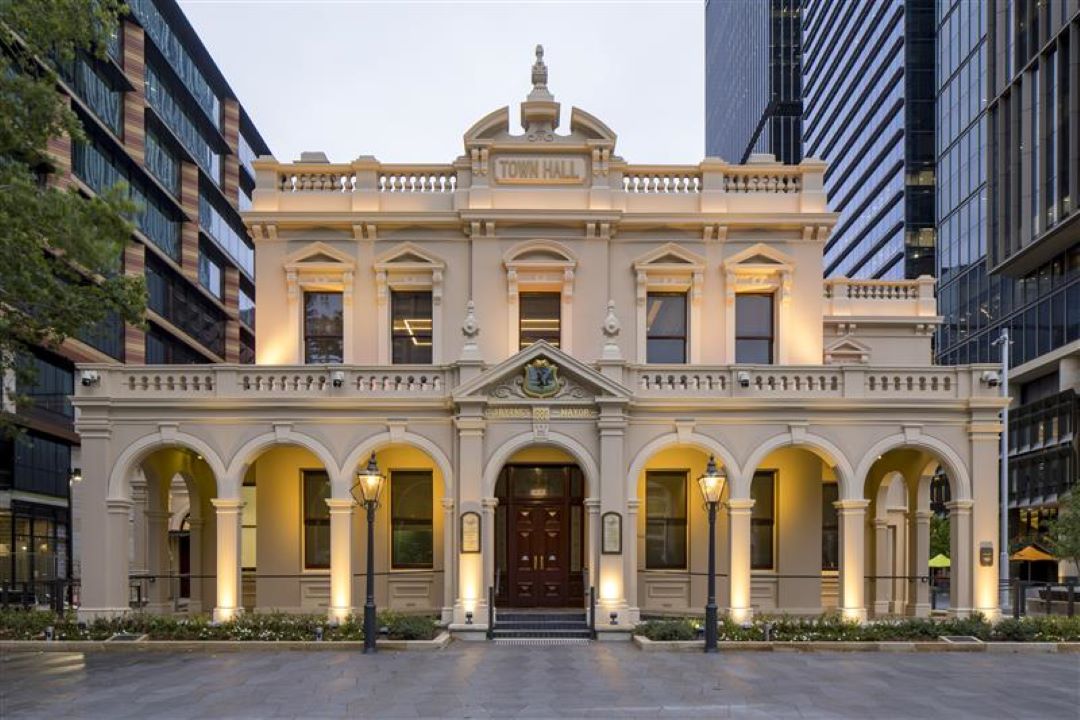Domestic and Family Violence is Never Acceptable
Violence and abuse in relationships comes in many forms, it is not only physical, and can include financial abuse and other forms of abuse that seeks to isolate and control a partner. No form of abuse is acceptable, as they all hurt or make a person feel unsafe. To learn more please visit 1800 Respect.
Everyone has a right to feel safe in their home – please reach out to support services if someone in your home makes you feel unsafe.
On this page you will find information to assist you through this difficult period, or to assist someone you are concerned about. You will also find links to websites and phone numbers to services that can provide more tailored assistance.
Safety Tips
(Back to top)There are some simple things you can do to help you feel safe at home:
- Identify safe areas of the house where there are less dangerous items and may be ways to escape if possible.
- Have a phone charged and accessible, with stored important numbers, and a backup phone if possible.
- Call 000 at any time if you are in immediate danger, and teach your children how to call 000 if you are unable to do so. You will have to notify the police if there are COVID-19 concerns at your home
- Let trusted friends and neighbours know of your situation and develop a plan (this might include a code word or visual signal if you need help).
- Make a habit of backing into the driveway and keeping the car fuelled.
- Look through the Escape Bag checklist and note things to take with you (e.g. phone and charger, keys, important documents, key card or cash).
- Download the Sunny or Daisy apps for more information about safety planning and services in your area.
For more information about how to keep safe, visit the 1800 RESPECT webpage.
- Contact NSW Domestic Violence Line when you feel safe to do so. Their counsellors are experienced in dealing with situations where the person using violence remains in the house, and will work with you on a safety plan.
- Phone: 1800 65 64 63 (24 hours/ 7 days per week)
Support Services
(Back to top)NSW Domestic Violence Line
The NSW Domestic Violence Line provides counselling and referrals to women experiencing domestic and family violence. Caseworkers on the Domestic Violence Line can help you: get hospital care, counselling and family support services; understand what an Apprehended Violence Order (AVO) is and how to get one; develop a safety plan for you and your children; find emergency accommodation for you and your children; help you with transport for you and your children; and talk to the police, courts and lawyers.
- Website
- Phone: 1800 65 64 63 (24 hours/ 7 days per week)
1800 RESPECT
1800 RESPECT is the national domestic violence and sexual assault hotline. The service offers information, free confidential counselling, and safety planning services.
- Website
- Phone: 1800 737 732 (24 hours/ 7 days)
Cumberland Women’s Health Centre
Cumberland Women’s Health Centre is a local Parramatta service for women run by women. The service provides counselling as well as domestic and family violence services for women. The services are free or low cost.
Staying Home Leaving Violence Service
Staying Home and Leaving Violence is a local service for women who are experiencing violence in their interpersonal relationships.
- Website
- Phone: 9636 8437 (9am-4pm, Mon – Fri)
- Email: admin@phfs.org.au (9am-4pm, Mon-Fri)
Immigrant Women’s Speakout Association
SpeakOut offers information, support, and referral services to culturally and linguistically diverse women who are experiencing domestic and family violence, who are or are on the verge of being homeless.
- Website
- Phone: 9635 8022
- Email: info@speakout.org.au
ACON
ACON provides short term counselling for LGBTQ people seeking support in relation to domestic and family violence. They run support groups for people who have been subjected to violence and intervention programs for people who use abuse. Their domestic and family violence resource page is ‘Say it Out Loud’.
- Website
- Phone: 9206 2000 (9am-4pm Mon-Fri)
- Email : acon@acon.org.au
MensLine Australia
Men’s Line is a free online and telephone service just for men, and offers great tips on healthy relationships and mental health.
- Website
- Phone: 1300 78 99 78 (24 hours/7 days)
- Webchat and video (skype) counselling via the website (24 hours/7 days)
Financial Abuse Legal Service NSW
Financial Abuse Service NSW provides free, confidential legal information and advice to people across NSW who have money problems due to domestic abuse in an intimate partner relationship.
- Website
- Phone: 0481 730 344 (9am - 1pm, Mon - Thurs)
- Online enquiry via website
Supporting Someone Experiencing Violence
(Back to top)You may be concerned about a friend or family member who might be experiencing violence in their home. The best thing you can do is to keep in contact—via phone, social media or text, and let them know that they are not alone. Other tips to keep in mind are:
- Believe them and take their fears seriously;
- Never blame the person experiencing violence for what has happened to them;
- Don’t make excuses for the person who has hurt them;
- Support them whenever they need to talk;
- Be part of their safety plan: know the code words or signals if they need to escape;
- Help in practical ways, e.g. by providing them with transport, a phone or a place to escape to;
- Call 000 at any time if they are in immediate danger.
For more information and support about assisting someone experiencing domestic and family violence, visit the 1800 RESPECT website.
Talking to Men about their Behaviour
(Back to top)National crime reports demonstrate that the majority of violence against women in Australia is at the hands of men. You may be concerned that a man you care about is using violence in their home. If you feel that his family or partner is in immediate danger ring 000. If you want to support him in changing his behaviour and it is safe for you to do so, MensLine Australia provides some simple tips on how to talk to him:
- Choose the right time and place to talk. Approach him when he is calm and offer help.
- Be direct and clear about what you have seen and what worries you.
- Remind him you care about him.
- Don’t fight with him or try to force him to do anything, or to see things your way. This can make things more dangerous for her. Keep the lines of communication open so you can be an influence on his thinking.
- Tell him his behaviour is his responsibility, especially if he continually tries to blame her.
- Remind him that there is hope and he can change, that there is help available.
- Avoid making judgemental comments about him as a person.
- Tell him the violence needs to stop.
- Remind him that violence and control does not make his family safe.
For more advice on how to talk to your friend or tips on how to support their partner, you can call MensLine, 1300 78 99 78, or visit their website.


